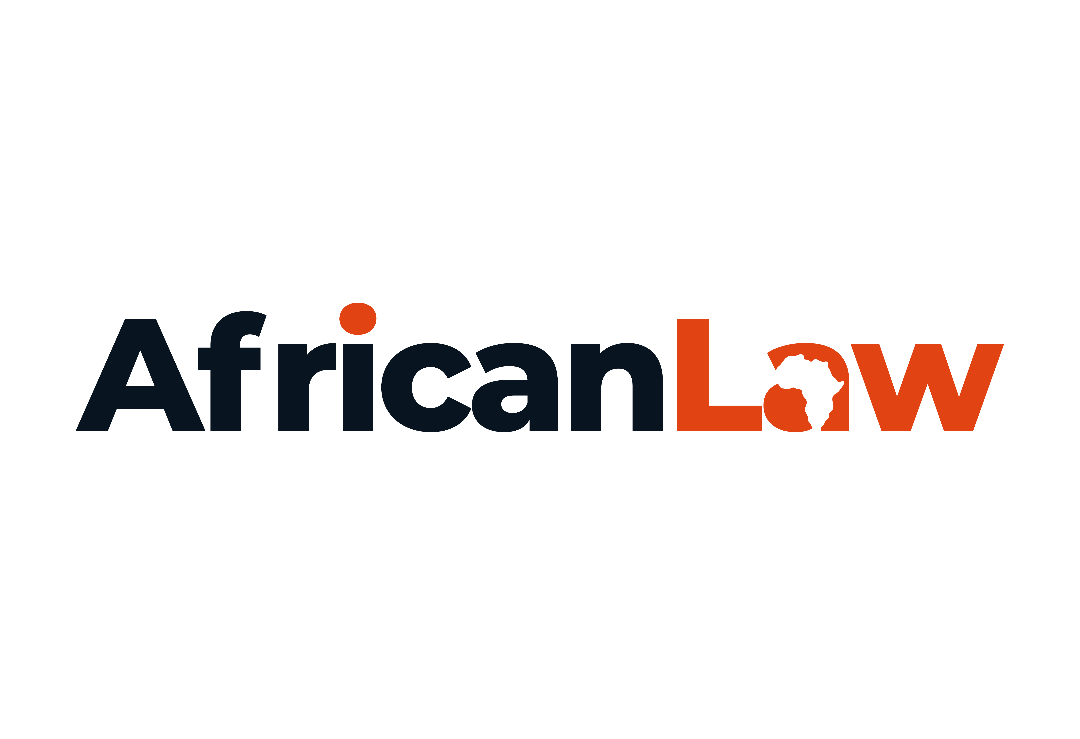Egypt is rapidly establishing itself as a dynamic hub for technology and innovation in the Middle East and Africa, propelled by a burgeoning startup ecosystem, government-led digital initiatives, and the transformative potential of artificial intelligence. As of September 2025, Egypt's fintech market is projected to reach USD 2,869.98 million by 2033, growing at a CAGR of 15.82% from 2025, while the AI sector is set to empower over 250 startups and train 30,000 specialists under the National AI Strategy 2025-2030. This white paper explores the key trends driving Egypt's tech landscape, including AI integration, fintech disruptions, and startup growth, while addressing regulatory challenges and providing practical legal insights for businesses, investors, and innovators. Drawing on AfricanLaw's expertise as Africa's leading legal services platform, we offer guidance on compliance, intellectual property protection, and market entry strategies to help stakeholders navigate this evolving environment. With opportunities in sectors like fintech, healthtech, and edtech, Egypt's innovation surge promises immense value, but success demands strategic alignment with local laws and global standards.
Introduction
Egypt's tech and innovation sector is undergoing a profound evolution, transitioning from a historically tourism and agriculture dominated economy to a knowledge-based powerhouse. Under Egypt Vision 2030 and the Digital Egypt Initiative, the government has invested approximately USD 2 billion in digital infrastructure by 2025, fostering an ecosystem that supports AI, startups, and emerging technologies. Cairo and Alexandria have emerged as vibrant innovation hubs, hosting over 1,000 startups and attracting USD 289 million in funding in May 2025 alone, with Egypt leading MENA in venture capital inflows. The Information Technology Industry Development Agency (ITIDA) plays a pivotal role, offering incentives like tax exemptions and regulatory sandboxes to accelerate growth.
This white paper examines the rise of AI and startups in Egypt, highlighting trends, opportunities, and challenges. It incorporates legal insights to provide actionable guidance for companies and investors, emphasizing compliance with Egypt's evolving regulatory framework. AfricanLaw bridges these gaps, connecting users to top-rated and verified Egyptian lawyers and AI-powered tools for seamless navigation.
Key Trends in AI and Startups
Egypt's tech ecosystem is flourishing, with startups raising over USD 800 million in 2025 across fintech, AI, and healthtech. The National AI Strategy 2025-2030 aims to establish Egypt as an AI leader, targeting the creation of 250 AI-driven startups, training 30,000 specialists, and raising the ICT sector's GDP contribution to 7.7%. Key trends include:
AI Integration and Innovation - AI startups like Infinilink and Kera Health, with USD10 million funding each, are leading in sectors such as healthcare and logistics. Egypt's AI ecosystem, the largest exporter of AI startups in MENA, focuses on applications like predictive analytics in agriculture and smart cities. The inaugural AI Everything MEA summit in Cairo scheduled for February 2026 underscores global interest, aligning with government efforts to boost AI adoption through accelerators and partnerships.
Fintech Boom - Egypt's fintech sector has surged fivefold in five years, with companies like MNT-Halan (microfinance) and Paymob (payments) raising significant funds. Trends include embedded finance, digital wallets, and BNPL, driven by 60 million mobile users and the Central Bank of Egypt's push for cashless transactions. The market is expected to grow at 15.82% CAGR from 2025-2033, supported by regulatory sandboxes.
Startup Ecosystem Development - Over 1,000 startups operate in Cairo's Maadi and Alexandria's tech parks, with edtech and healthtech gaining traction. Government-funded accelerators like Flat6Labs and ITIDA's grants provide seed funding up to USD 41,580, while VC firms invested USD 500 million in H1 2025. Migration trends show 12% of AI startups relocating to UAE/KSA for better funding, highlighting Egypt's talent pool but underscoring retention challenges.
These trends position Egypt as a regional innovation leader, with the ICT sector contributing 5.6% to GDP in 2024 and projected to reach 7.7% by 2030.
Business Opportunities
For businesses and investors, Egypt's tech surge offers lucrative prospects in a market of 110 million consumers, with digital economy growth at 16% annually. Fintech, healthtech, edtech, and AI services are prime for disruption:
Fintech - With 40 million unbanked adults, opportunities abound in mobile banking and remittances (USD 32 billion in 2024). Startups like Fawry dominate e-payments, but gaps in rural inclusion continue to exist.
Healthtech and Edtech - AI-driven diagnostics and online learning platforms address healthcare access (70% rural gaps) and education equity, supported by government subsidies.
AI-Based Services - Predictive AI in logistics and agriculture can boost efficiency in Egypt's export-driven economy, with potential for USD 42 billion in AI economic impact by 2030.
Legal Considerations
Early IP protection under Egypt's Intellectual Property Law is crucial for AI innovations, as patents for software-related inventions are granted if they demonstrate technical effect. Investors should structure joint ventures to leverage local talent while retaining control.
Challenges in Egypt's Tech Landscape
Despite momentum, several systemic challenges including the following require strategic mitigation:
Infrastructure Gaps - Uneven internet access (70% urban vs. 40% rural) and power outages hinder scalability, though the Digital Egypt Initiative's fiber optic expansions (covering 90% by 2025) are addressing this.
Talent Shortages - While Egypt produces 100,000 STEM graduates annually, skills gaps in AI and cybersecurity persist, with 12% of AI startups migrating abroad. Government training programs aim to bridge this, but retention is key.
Regulatory Fragmentation - Overlapping oversight by CBE, FRA, and MCIT creates hurdles, with fintechs facing complex licensing under the Non-Banking Financial Institutions Law.
Cybersecurity and Data Risks - Rising cyber threats (up 20% in 2024) and compliance with the Personal Data Protection Law demand robust measures, with breaches risking fines up to EGP 5 million (Approx. USD 103,950).
Legal and Strategic Recommendations
To succeed in Egypt's tech ecosystem, stakeholders should consider the following key points and recommendations:
Market Entry Strategies - Leverage ITIDA incentives (tax breaks up to 50% for R&D) and regulatory sandboxes for testing AI/fintech prototypes. Form local partnerships to navigate cultural nuances.
Funding and Scaling - Access VC through funds like EFG Hermes (USD 100 million for startups in 2025) or government grants via MCIT. Structure investments as LLCs under the Investment Law for repatriation guarantees.
Compliance Roadmap - Conduct IP audits to protect AI algorithms. Ensure fintech operations comply with CBE's 2025 payment regulations, including cybersecurity standards.
Risk Mitigation - Implement GDPR compliant data governance to avoid fines under the applicable laws. For cross-border expansions, alignment with AfCFTA protocols is critical.
As your partner, AfricanLaw offers verified Egyptian lawyers for IP filings, compliance audits, and an array of relevant legal services.

















